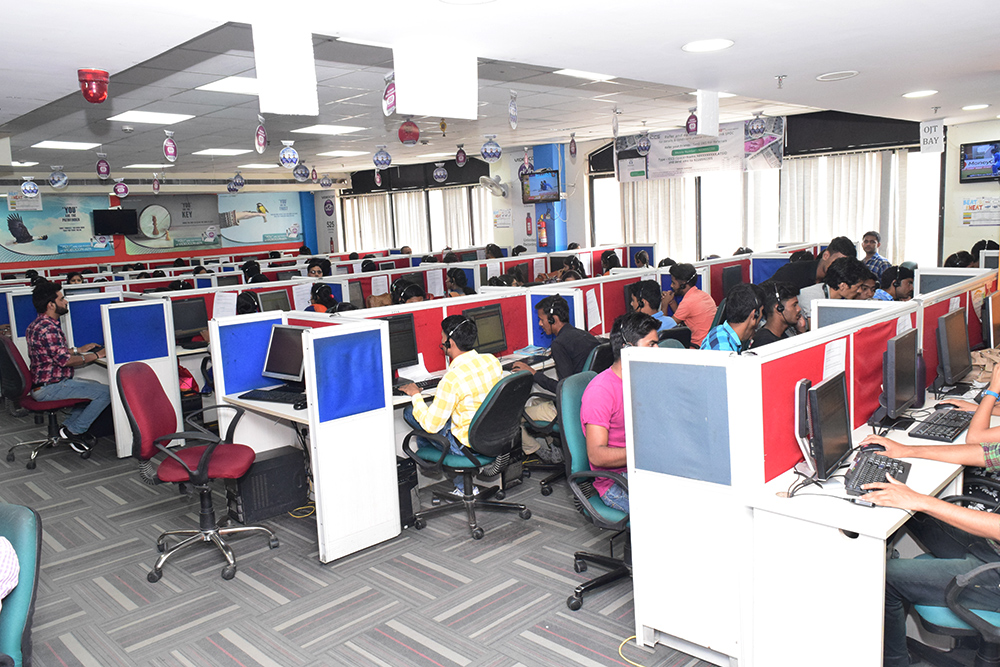31
Registration of Company / Company Registration Process
« on: April 04, 2019, 02:07:21 PM »Company Registration Process
Company registration procedure in Bangladesh is partially computerized.
There are three distinct steps involved in the Bangladeshi company setup procedure: a) Name Clearance; ii) Bank account opening and bringing in the paid up capital; and finally b) Company Registration. Step ii is only applicable if there is any foreign shareholder in the proposed company.
Step 1: Name Clearance
To set up a Bangladesh company, your first step would be to obtain a name clearance for the proposed company name. You will have to visit www.roc.gov.bd and create a username first. Then you will be able to apply for name clearance. After you made the application for name clearance, you will receive a bank payment slip and you will have to pay Taka 600 to the designated bank. After making the payment, you will have to log in to your account on the RJSC website and then you will get the name clearance.
You may read this guide prepared by RJSC for name clearance.
Tip: use Internet Explorer and Mozilla Firefox while using the RJSC website. Other browser might not work properly.
To improve your chances of quick name approval, make sure the name:
is not identical or too similar to any existing local company names
does not infringe with any trademarks
is not obscene or vulgar
is not already reserved
An approved name will be reserved for 6 months from the date of clearance. You can extend the name by filing an extension request just before the expiry date.
Step 2: Bank account opening and bringing in the paid up capital
This step is only applicable if the proposed company has foreign shareholding.
Next, you will have to open a bank account in the proposed company name with any scheduled bank in Bangladesh. After opening the account, you will have to remit money equal to the shares to be owned by the foreign shareholder from outside Bangladesh in the account. The Bank will issue an Encashment Certificate which will be required by RJSC for incorporation.
Step 3: Register Company
The last step is to submit all the required information in the RJSC’s website. Also you will be required to upload Form IX and Subscriber Page. After you finish all the process, you will receive a bank payment slip for paying the registration fees along with stamp duty.
You may read this guide prepared by RJSC for submitting all the information in the RJSC’s website.
After making the payment in the bank, you are done. Now you will have to follow up with the RJSC for obtaining the incorporation certificate. RJSC officials will check the documents and information. If they are satisfied, they will issue the digitally signed i) Certificate of Incorporation; ii) MoA and AoA; and iii) Form XII. These documents will be mailed to your email address associated with your RJSC account.
There are cases when the incorporation procedure can get delayed if the shareholders or directors are of certain nationalities, although this happens in rare cases only. In such cases, the authorities might ask for additional information.
Post-Registration Formalities
Documents Issued by RJSC:
Certificate of Incorporation: RJSC will issue a Certificate of Incorporation of the company. The certificate will have the registration number, name of the company and the date of incorporation.
Form XII: Form XII contains the list of directors of the incorporated company.
Certified copies of MoA and AoA
Some of the other items you will almost certainly need upon registration of your Bangladeshi company include:
Share certificates for each of the shareholders.
Register for shareholders, shares, directors etc.
Company seal for the company
A rubber stamp for the company
Source:https://resource.ogrlegal.com/company-registration-in-bangladesh/






